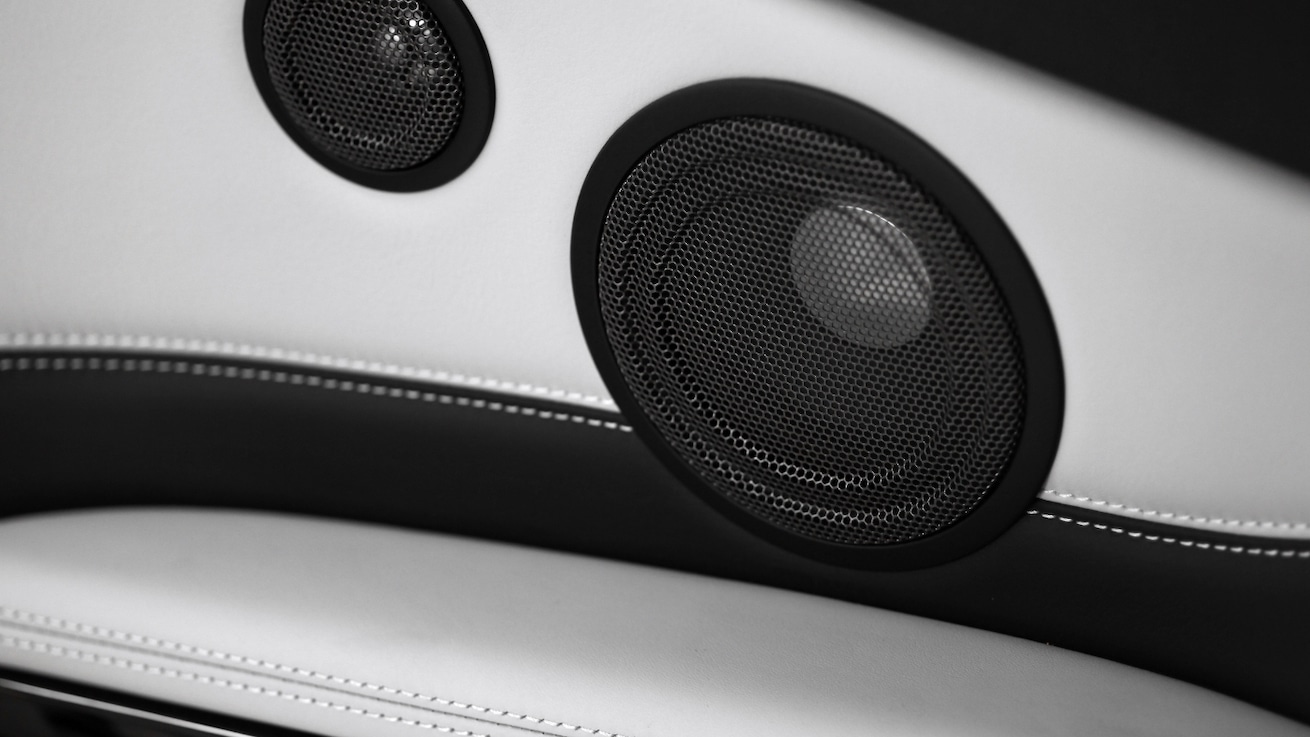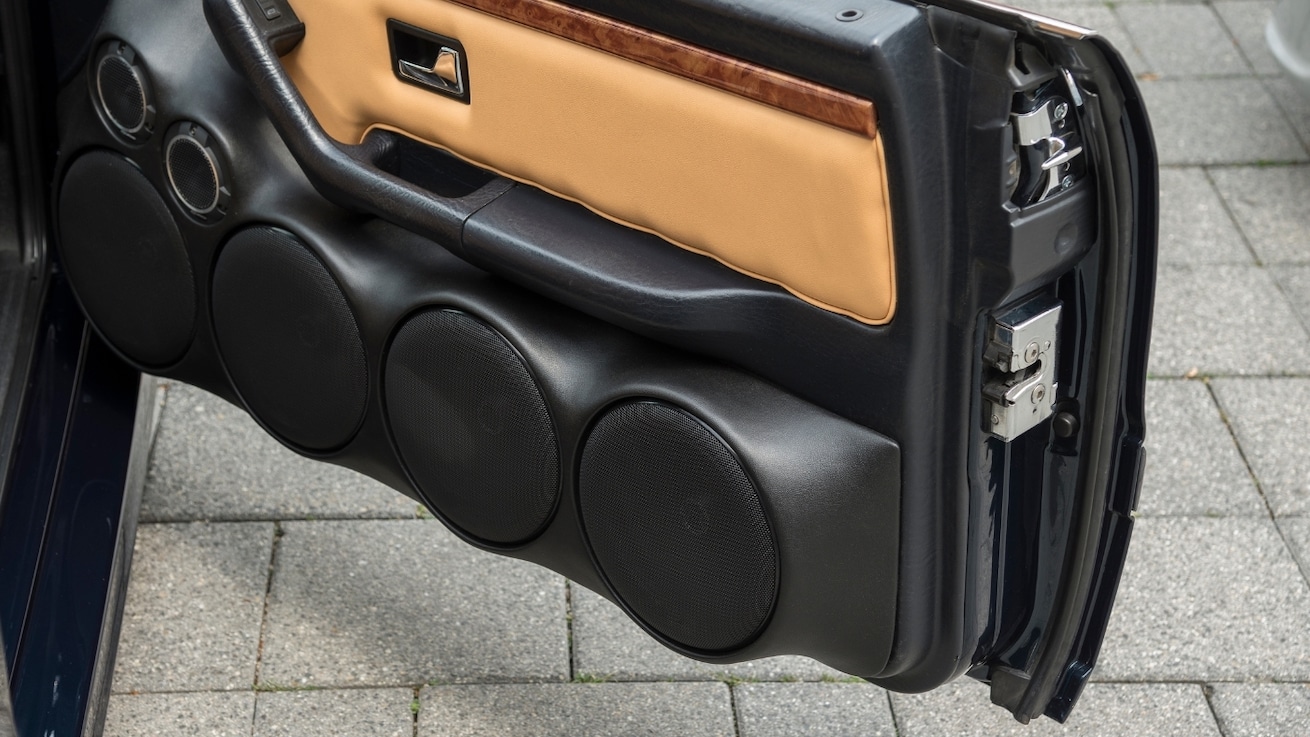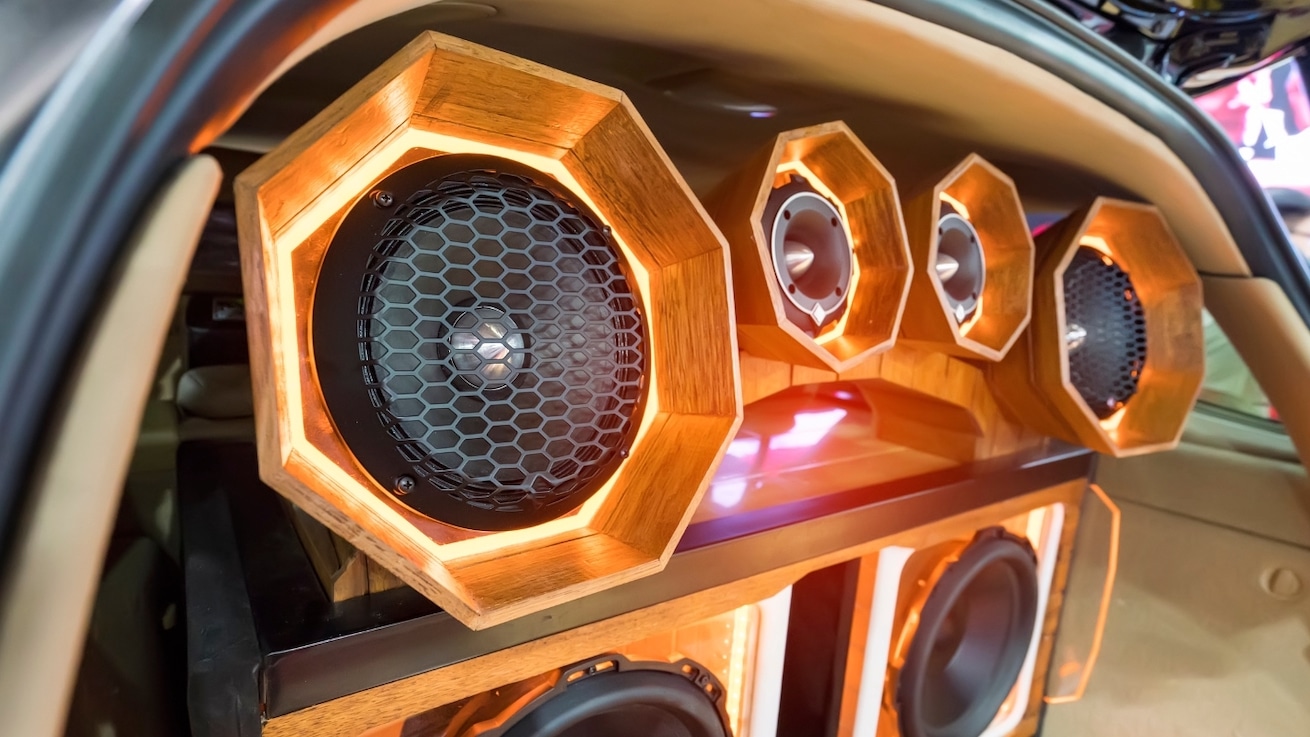What Do Watts Mean For Speakers? – Speaker Wattage Explained
When it comes to speakers the term “watts” often comes up. But, what do watts mean for speakers? In this article we’ll delve into the concept of wattage. How it impacts speaker performance. We’ll also explore the connection, between amplifiers and speaker wattage along with aspects.
Watts play a role in determining a speakers power capacity and its ability to produce sound. A higher wattage indicates that a speaker can handle power without distortion or damage. The wattage rating of a speaker determines its volume output well as overall efficiency.
A higher wattage speaker is capable of delivering more robust sound compared to one with wattage. However it’s important to note that wattage alone doesn’t solely determine quality. Other factors like speaker design, driver quality and enclosure type also contribute significantly to performance.
When listening to music or audio our ears may not perceive a difference in sound when comparing speakers, with different wattage ratings. In fact the variation might only become apparent when using noise—a combination of all frequencies played at equal levels.
What are watts?
 Watts refer to the power capacity of a speaker. It measures the amount of energy converted into energy. A higher wattage means the speaker can handle power and produce volume.
Watts refer to the power capacity of a speaker. It measures the amount of energy converted into energy. A higher wattage means the speaker can handle power and produce volume.
Understanding wattage is important because it directly impacts your speakers performance. If you exceed a speakers wattage rating it can lead to distortion and potential damage. Inadequate power may prevent the speaker from reaching its potential.
When selecting speakers it’s crucial to consider their wattage requirements based on your intended usage. Different applications may demand varying wattages so choosing speakers with wattage ensures performance.
How do amplifiers and speaker wattage relate?
Amplifiers and speakers work together to generate sound. The amplifier receives a signal amplifies it. Sends it to the speakers. Matching amplifier and speaker wattages is essential, for compatibility. Preventing damage to the speakers.
Ensuring that amplifiers match the speakers in terms of wattage is critical. If an amplifier is too powerful, for the given speakers it can overload them. Potentially cause damage.
On the side if the amplifier is too weak it might not deliver power to effectively drive the speakers.
To ensure a match, between amplifiers and speakers its recommended to check the speaker’s wattage ratings of both. The amplifier watts should be equal to or slightly higher than that of the speakers.
What is Speaker Sensitivity?
Speaker sensitivity is another important factor to consider when choosing speakers. It refers to how a speaker can get with an amount of power. Typically measured in decibels (dB). Provided in the speakers specifications.
The sensitivity of a speaker affects its wattage requirements. Speakers with sensitivity can produce a louder sound using less power while those with lower sensitivity need more power to achieve the same volume level.
When selecting speakers it’s important to consider which sensitivity level suits your needs best. If you require levels of volume output opt for speakers, with sensitivity. Conversely if you’re using the speakers in an quieter environment lower sensitivity speakers may suffice.
How Many Watts Do I Need for My Speakers?
 How much power can higher watt speakers handle? Determining the watts for your passive speakers involves taking various factors into account.
How much power can higher watt speakers handle? Determining the watts for your passive speakers involves taking various factors into account.
One important consideration is the size of the room or space where you plan to use the speakers. Larger rooms generally require speakers with more wattage to fill the space while smaller rooms may only need speakers with lower wattage.
Determining the wattage for your speakers involves taking into account their power handling capabilities and matching them with the size of the room and desired volume level. The specific watt requirements can vary depending on the application.
For instance if you’re setting up a home theater system you might need speakers with a power rating of 1000 watts or more to achieve that cinematic experience. On the hand a small DJ setup for a house party may only require speakers with around 50 watts per channel.
What are Decibels (dB) and Sound Pressure Level (SPL)?
Decibels (dB) and Sound Pressure Levels (SPL)’re commonly used terms when discussing speaker specifications. Decibels measure sound intensity while Sound Pressure Level refers to how loud sound produced by the speakers actually’s
It’s important to note that increasing average power doesn’t always result in an increase in volume. Generally speaking, doubling the watts of a speaker will lead to a 3 dB level increase, which is typically perceived as a boost, in loudness.
When you’re looking at speaker specifications it’s crucial to pay attention to the decibel and SPL ratings. These ratings provide insights, into the loudness and performance of the speakers. It’s worth keeping in mind that factors like small room acoustics and speaker placement can also have an impact on the quality.
Determining a Speakers Power Handling For Your New Sound System
 A speakers power handling capacity refers to its ability to handle power without sustaining damage. Typically this capacity is measured in terms of power or peak power. Amplifier power on the hand denotes the power that can be delivered from an amplifier to a speaker.
A speakers power handling capacity refers to its ability to handle power without sustaining damage. Typically this capacity is measured in terms of power or peak power. Amplifier power on the hand denotes the power that can be delivered from an amplifier to a speaker.
Peak power represents the amount of power a speaker can handle for bursts of time. Continuous power however signifies how to power a speaker can cope with over extended periods without sustaining damage.
It’s important to note that a speakers power handling capacity is often expressed based on one watt as an unit of measurement. For instance if a speaker has a rating of 100 watts it means it can handle 100 times than one watt without any harm.
However it is generally recommended for most people to match the amplifiers output with the speakers power handling capacity, for performance and to prevent damage.
What Does Amp Wattage Signify?
The wattage of an amplifier indicates the power it can deliver to a speaker. It quantifies the output power of the amplifier. Is usually measured in watts. The wattage of an amplifier is significant because it determines both the volume and sound quality that the speaker can produce.
A higher amp wattage generally implies an more robust sound. This is because the amplifier can supply power to the voice coil of the speaker resulting in a stronger magnetic field and greater movement of the speaker cone.
For performance it’s important to ensure that the power ratings of both the amplifier and speaker are compatible. Matching these power ratings will guarantee the performance.
How Can You Achieve Maximum Power Output?
To achieve power output it’s crucial to comprehend electrical power principles in relation, to audio systems. One approach is to select speakers with more watts.
Speakers with watt capacity can handle power leading to louder and more efficient sound reproduction. Another aspect to consider is system design and connectivity. Properly matching speaker impedance with that of the amplifier can have an impact, on power output.
By using high quality cables and connections you can minimize any loss of signal. Maximize the transfer of power. It’s important to consider these important factors and make choices in order to achieve power output and the desired audio performance, from your audio system.
What happens when you incorporate an amplifier into your sound system?
When you add an amplifier to your car stereo you are taking a step towards enhancing your audio experience. By connecting speakers to a powerful amplifier you can achieve higher volumes and create a more immersive sound.
The amplifier effectively amplifies the signals enabling you to reach power levels without any distortions. Moreover a robust amplifier can deliver sound with enhanced clarity and precision. It grants you control over the output allowing for fine tuning according to your preferences.
With the addition of an amplifier your car radio becomes more versatile as it can handle a range of music genres and various audio sources. Whether you’re enjoying your tunes watching movies or hosting a party the amplifier ensures that your car stereo delivers a potent and immersive audio experience.
Enhancing Sound Quality
Improving quality is achievable, by increasing the wattage of power.When it comes to comparing subwoofers its commonly observed that those, with wattage tend to provide a more satisfying listening experience. Watts serve as a measure of power. Increasing the speakers output enables it to deliver sounds.
The extra power allows the speaker to cover a range of frequencies and reproduce audio with precision. Upgrading to a speaker that requires watts can significantly enhance the quality of music, movies or any other audio source.
The increased power not allows for louder volume levels but also improves overall fidelity and depth of the sound resulting in a more immersive listening experience. So if you’re seeking to improve the output quality in your setup consider investing in subwoofers that requires less watts.
Boosting Sound Output
To boost the output of your audio system you might want to consider investing in bookshelf speakers. These compact speakers are specifically designed to deliver high quality sound within confined spaces making them ideal, for individuals who want audio enjoyment without taking up much room.
Most speakers often include drivers that enable volume output ensuring every note and bassline can be heard clearly. In addition the power rating of the speaker plays a role, in the sound quality.
A higher watt speaker with lots of watts will deliver an audio output allowing you to increase the volume without compromising on the audios fidelity. So, pick speakers with wattage will enhance the sound. Provide a more immersive listening experience.
Final Thoughts
Matching speakers with the same watts as your amp is one of the important considerations for optimal performance. It’s essential to select subwoofers that can handle the amplifiers output without distortion or overload. This ensures that you get powerful reproduction. Keep in mind that real life listening conditions differ from controlled environments.
Testing out speaker wattages is always an idea to find what best suits your specific needs and preferences. Ultimately achieving an immersive audio experience relies on finding the balance, between speaker wattage and your listening environment.
Last Updated on: March 16, 2025

